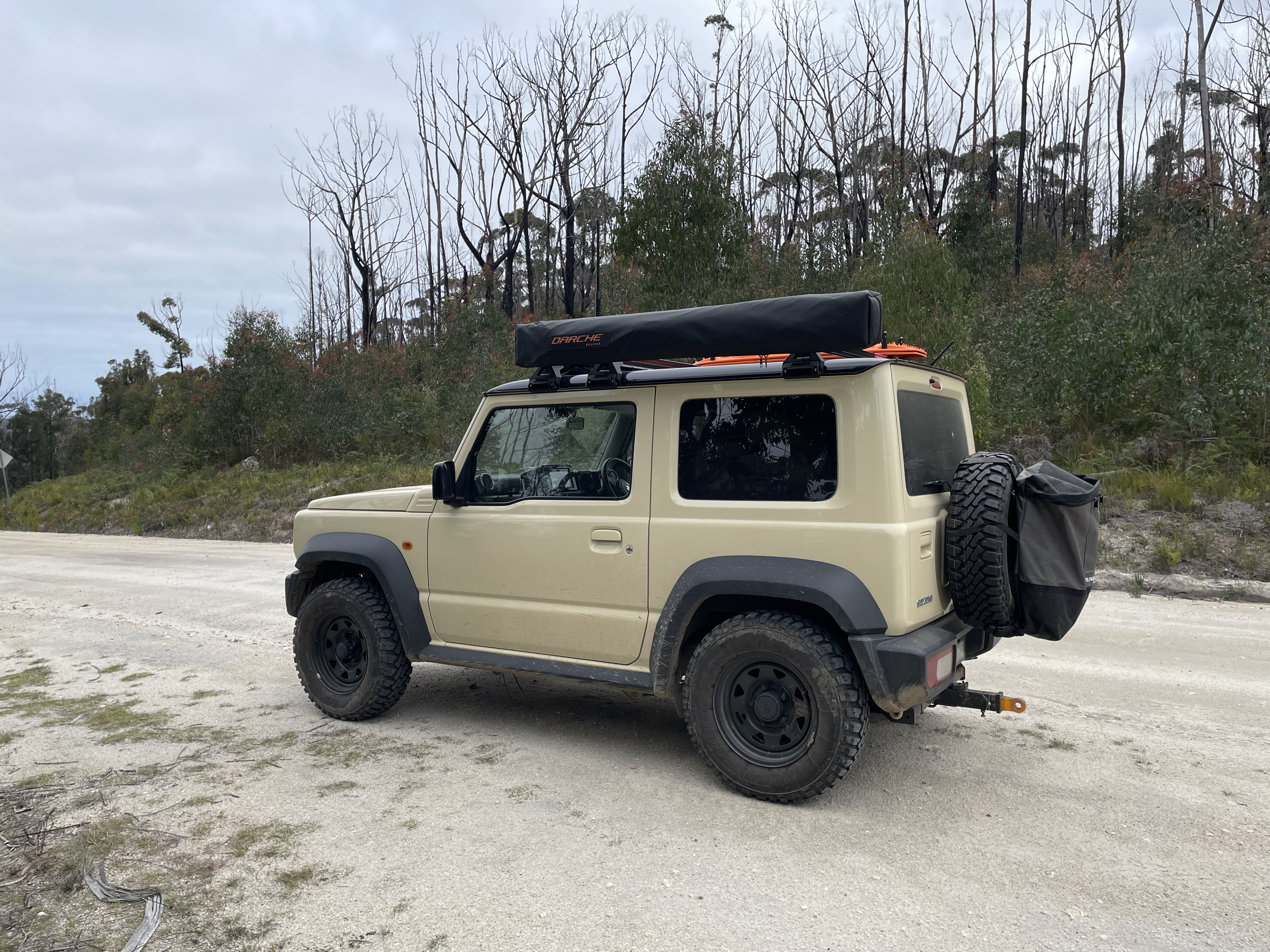Fast charger coverage is pretty good now, but there’s still a lack of slow chargers in a lot of places. If you don’t have home charging, it can be rough to make EV ownership work.
“There will be one in your neighbourhood” That’s fantastic if there is only a handful of EVs in your neighbourhood, but if every man and his dog all want to charge their EVs on the way to work at 7:30am, they will still be there are 7:30pm, in a queue.
but if every man and his dog all want to charge their EVs on the way to work at 7:30am, they will still be there are 7:30pm, in a queue.
People need to look at public EV charging differently. It’s not like a petrol station, you shouldn’t need to use a public charger and do a big fill up once a week for work commutes.
You come home from work, you plug your car in at home. 10 hours later it has refilled the charge you used up today, and you’re ready to go to work in the morning, fully charged.
To put that into numbers:
A standard 15 amp circuit should be able to put 20kwhr into an EV battery overnight (in 8-10 hours).
A Polestar 2 uses about 18kwhr per 100km. so with your 20kwhr you should be able to drive an hour/50km each way in city traffic and make that charge up again each night.
The only people really needing public EV charging are those with on-street parking, unit/apartment dwellers (for now, until apartment infrastructure gets upgraded, could be a decade still), and longer distance travellers.
That is correct, but people need time to adapt. If your lifestyle is; Drive to work, buy coffee, drive home, buy groceries, cook dinner, Netflix and chill, charging sn EV overnight is fine.
If your lifestyle deviates at all from a regular schedule like this, you will need fast chargers, a hybrid or an ICE vehicle. If you go overnight at weekends or tow a trailer regularly, a Hybrid or and ICE vehicle are the only options.
There are home chargers that do 7kw/h with installation. Last I checked it was a few grand so quite cheap all things considered.
Yes, I sell them at work. Most people who have spent all their disposable on EV repayments are reluctant to spend even a couple grand on an EV charger. The few that have factored the cost of a charger into their car loan often bring them back because they didn’t realise that they are only useful if your home has 3-phase power and off-street (preferably garaged) parking.
It is amazing how many people buy EVs because “it is the right thing to do” without doing any research or due diligence. They think that Fast Chargers are a suitable replacement for a petrol bowsers.
However your lifestyle deviates, there’s still going to be a long period of time each day where you’re asleep. If you have power in the place where you park your vehicle, you still only need fast chargers if you’re going more than your vehicle’s range in one trip.
Even when you’re not home, there’s motels and parking garages with slow charging and there will be a lot more of them as demand increases.
Powered sites are still the exception at camping grounds. Even then, caravan parks that do have powered sites only have 15A GPO outlets because that’s what caravans have. They currently aren’t able to even supply 7A per outlet continuously for hours during the night.
Most regional Hotels do not usually have infrastructure tor recharging guests cars and even ‘Motor Hotels” (Motel) are only now realising that their visitors car need to recharge at the end of the day, just like their 2-legged guests.
Hopefully private enterprise does expand infrastructure to accommodate EVs but a better option would be for Public Transport to expand infrastructure so that private vehicles are no longer required.
Now all we do is wait for people to start protesting them because they cause autism or are yet another way for Bill Gates to control us
As opposed to being controlled by Rupe, Zuck and Musk!?





